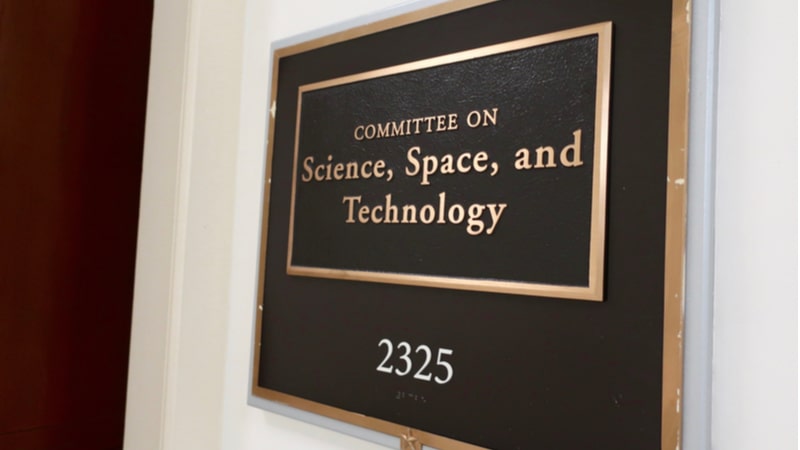
As the National Institute of Standards and Technology (NIST) gears up to unveil its final AI Risk Management Framework (RMF) on Thursday, new House committee leaders want answers from the Office of Science and Technology Policy (OSTP) about what they called recent “conflicting guidance” on artificial intelligence (AI).
On Jan. 20, leaders of the House committees on Science, Space, and Technology as well as Oversight and Accountability – formerly Oversight and Reform – sent a letter to OSTP Director Arati Prabhakar raising concerns about the White House’s decision to publish the Blueprint for an AI Bill of Rights.
In 2020, the National AI Initiative Act directed NIST to create the AI RMF, and the agency announced it will release the finalized version of the voluntary guidance on Jan. 26.
The framework is intended to serve as a critical tool with recommendations and best practices for the design, development, and use of trustworthy AI. Its development has been in the works since July 2021, with extensive input from government, academic, and industry stakeholders.
House Science Chairman Frank Lucas, R-Okla., and Oversight Chairman James Comer, R-Ky., wrote, “despite the development of this Congressionally-mandated, comprehensive, whole-of-government Framework, OSTP recently released a Blueprint for an AI Bill of Rights, which conflicts with the AI Risk Management Framework in numerous instances on fundamental issues like defining AI and establishing principles for trustworthiness in AI systems.”
The White House released its blueprint in October, which highlights NIST’s work in AI.
In their letter, Lucas and Comer praised the transparent and collaborative process behind NIST’s AI RMF but raised concerns about the “Administration’s decision to publish inconsistent and duplicative” guidance in its Blueprint document.
Both NIST’s work and congressional efforts “have not only been bipartisan but involved buy-in from a vast number of stakeholders to create a broad national strategy that adequately considers the risks associated with the technology without stifling innovation,” they wrote.
“It is vital to our economic and national security that the United States maintains its leadership on responsible AI research, development, and standards, while encouraging adoption of AI technology that respects democratic values,” the congressmen said.
They continued, “We are concerned that the release of the Blueprint, and subsequent public statements by OSTP, are sending stakeholders, the American public, and the international community, conflicting messages about U.S. federal AI policy.”
In their letter, the leaders directed 17 questions to the White House’s tech office, asking them to disclose who they collaborated with on the AI Bill of Rights, and any policy goals they had in mind when releasing the guidance.
Lucas and Comer requested a response from OSTP’s director by Jan. 31.
